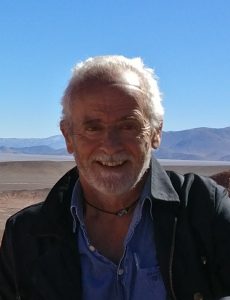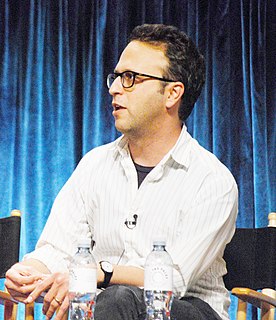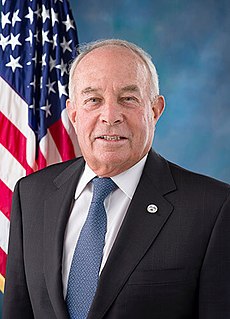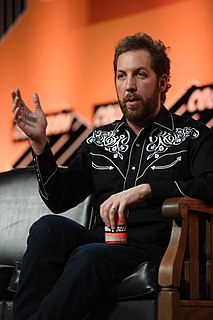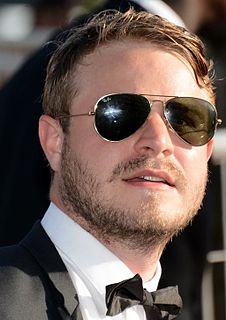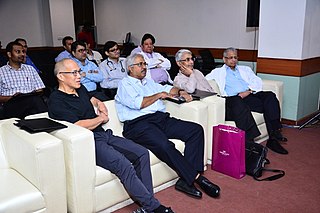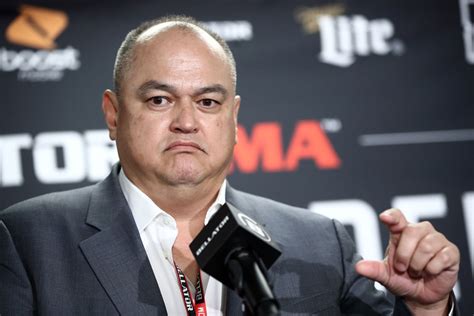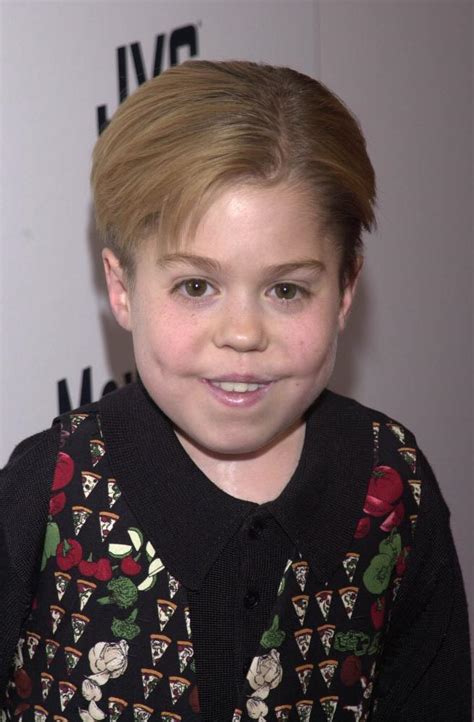A Quote by Lois McMaster Bujold
I spent my 20s working in patient care at a large university hospital, an experience that has informed all my work and has given me a lot of human observation to draw on.
Quote Topics
Related Quotes
I spent a lot of time learning how to define myself internally rather than externally. I learned how to care less about external validation. I think that's given me a renewed confidence in speaking out loud. I kind of don't care what people think about me. I feel a lot more confident in saying what I believe.
The years I would have spent at University, I spent building Student Magazine and Virgin Records. For me that was far more fun and satisfying. I have treated everyday as the University education I never had and think I learnt more about business and life than I would have at University in the process.
Throughout my 20s I spent a lot of time just playing and not really working, but fortunately for me I continued to get just enough work, and have a reason to wake up in the morning. I really empathize with some of my peers who had success in the early years then it dries up, and so there's no reason to get up in the morning.
I was certainly seriously emotionally affected [ when Louise Hillary and Belinda Hillary died], but we were building the hospital at the time and I decided that the only thing to do was to carry on and complete the hospital - and it was a jolly good hospital too, I might say. So I really did it by working and working on the things that Louise and I had been working on.
In 1946, Oxford University in England was offered large funds to create a new Institute of Human Nutrition. The University refused the funds on the ground that the knowledge of human nutrition was essentially complete, and that the proposed institution would soon run out of meaningful research projects.

